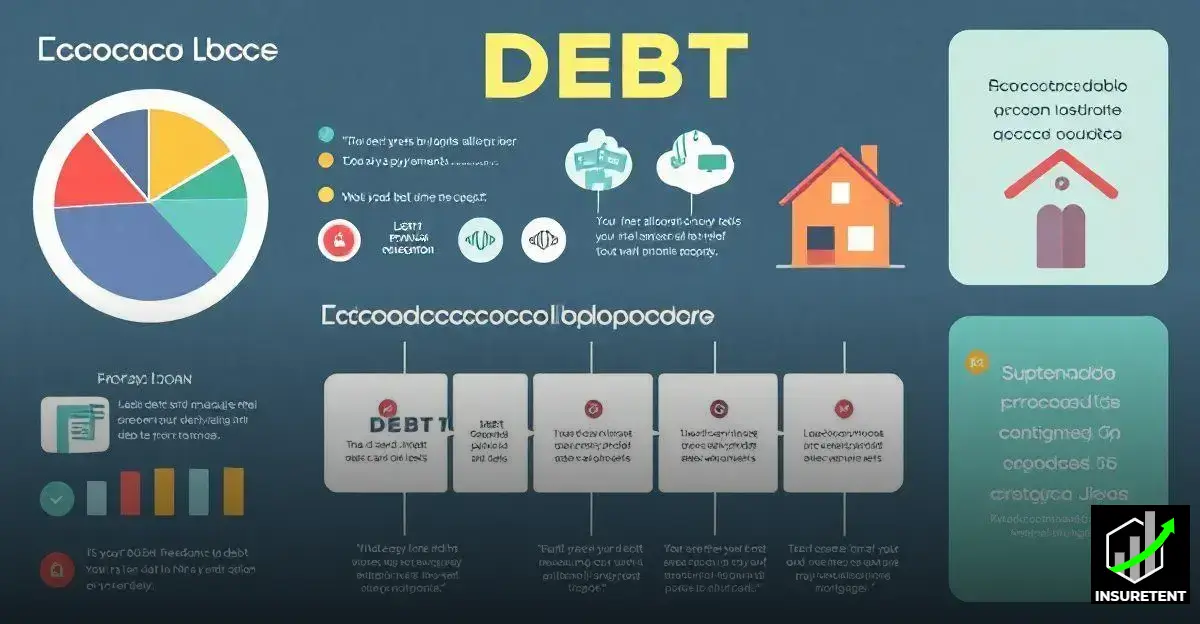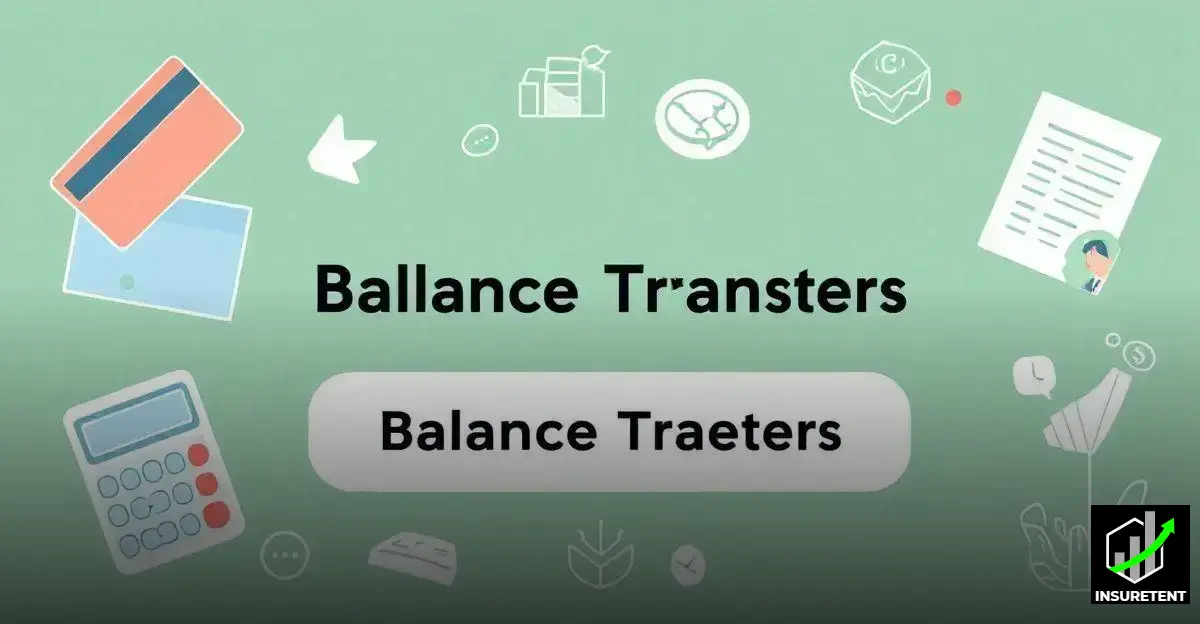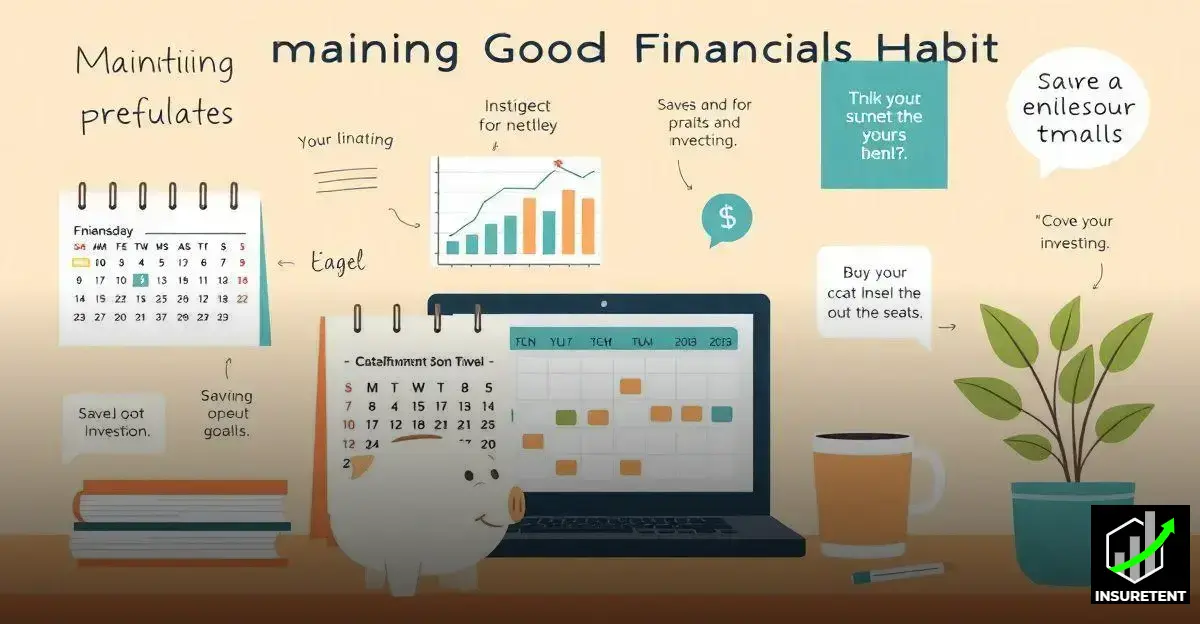Credit card debt management is essential for anyone looking to regain control of their finances.
In today’s world, managing debt effectively can make a significant difference in achieving financial peace of mind.
Understanding Credit Card Debt
Understanding credit card debt is essential for anyone looking to manage their finances effectively. Credit cards offer convenience and flexibility, but if not used properly, they can lead to financial troubles.
Many people find themselves accumulating debt due to high interest rates, late payments, and overspending. By understanding the basics of credit card debt, individuals can take steps to prevent it from spiraling out of control.
First, it’s important to understand how interest rates work. When you don’t pay your balance in full, you’re charged interest on the remaining amount. This can quickly increase your debt, making it harder to pay off. Additionally, understanding your credit card statements can help you identify fees that may be contributing to your debt.
Next, it’s crucial to assess your spending habits. Many people use credit cards for everyday purchases, which can lead to overspending. Keeping track of monthly expenses helps you stay within your budget and avoid accumulating unnecessary debt.
Finally, avoid relying on minimum payments. Paying only the minimum can prolong your debt repayment and cost you more in the long run. Instead, focus on paying more than the minimum whenever possible to reduce both your balance and the interest charges.
Effective Strategies for Debt Management

Effective strategies for debt management are essential for keeping your finances under control. Whether you’re facing credit card debt or other types of borrowing, having a plan can help you tackle it efficiently.
One proven approach is to create a budget. By tracking your income and expenses, you can allocate funds specifically for debt repayment. Consider using the 50/30/20 rule, which divides your income into needs, wants, and savings/debt repayment. This way, you can prioritise paying off debt without sacrificing necessary expenses.
Another effective strategy is to explore debt snowball or debt avalanche methods. The debt snowball method focuses on paying off the smallest debts first, which can provide a psychological boost as you see debts disappearing. On the other hand, the debt avalanche prioritises debts with the highest interest rates, potentially saving you money on interest over time.
Consolidating your debts is also a viable option. This involves combining multiple debts into a single loan with a lower interest rate. It simplifies your payments and can reduce the overall interest you pay. However, ensure that the new loan terms are beneficial compared to previous debts.
Additionally, making more than the minimum payment can significantly reduce your debt faster. Even small increases can lead to substantial savings in interest over time.
Lastly, consider seeking the advice of a financial advisor. They can provide personalised strategies tailored to your situation and help you navigate complex debt management options.
Creating a Budget to Manage Debt
Creating a budget to manage debt is an essential step towards financial health. A well-structured budget helps you understand where your money goes and allows you to allocate funds specifically for debt repayment.
Start by tracking your income. Note all sources of income, including your salary, side jobs, and any other earnings. Knowing your total income is the first step to creating an effective budget.
Next, identify your fixed and variable expenses. Fixed expenses include rent or mortgage, utilities, and insurance, while variable expenses can be groceries, entertainment, and dining out. By categorising these expenses, you can see where you can cut back.
Allocate a certain percentage of your income to debt repayment. You might consider using the 50/30/20 rule, which suggests you spend 50% of your income on needs, 30% on wants, and 20% on savings and debt repayment. Adjust these percentages to focus more on paying off debts if needed.
Make adjustments as necessary. If you find that your spending exceeds your income, look for areas to reduce, such as subscription services or eating out. Small changes can lead to significant savings over time and help to accelerate your debt repayment.
Finally, review your budget regularly. Life changes and unexpected expenses may require you to adjust your budget periodically. Make it a habit to assess your budget each month to stay on track with your debt management goals.
The Role of Balance Transfers

The role of balance transfers can be crucial in managing credit card debt. A balance transfer involves moving your outstanding credit card debt from one card to another, typically with the aim of obtaining a lower interest rate. This method can significantly reduce the amount of interest you pay over time, making it easier to pay down your principal balance.
When considering a balance transfer, look for promotional offers. Many credit card companies provide 0% interest on balance transfers for a limited time, often between 6 to 18 months. This period can provide substantial relief from interest payments, allowing you to focus on paying down your debt.
However, it’s important to read the fine print. Some cards charge a balance transfer fee, generally between 3% and 5% of the transferred amount. Calculate this fee against the potential savings from the lower interest rate to ensure it makes sense for your financial situation.
Additionally, make sure to avoid accruing new debt on your original credit card after a balance transfer. This can lead to a cycle of debt that may become unmanageable. Instead, use this opportunity to adjust your spending habits and create a budget that prioritises paying down your debt.
Lastly, always keep track of the end date of your promotional interest rate. Planning your payments prior to the rate increase can help you stay ahead of interest accrual and keep your credit card debt under control.
When to Consider Debt Consolidation
Consider debt consolidation when you have high-interest credit card debt.
Think about consolidating if you struggle with managing multiple payments each month.
Evaluate if your financial situation changes and you need lower monthly payments.
Qualify for better terms through consolidation if you have a good credit score.
Maintaining Good Financial Habits

Maintaining good financial habits is essential for anyone looking to manage debt effectively. These habits create a strong foundation for financial stability and success.
First, always create a monthly budget. A budget helps you track your income and expenses, ensuring you know exactly where your money goes. Set aside a certain amount for debt repayment to prioritise this important area of your finances.
Next, establish an emergency fund. Having savings set aside for unexpected expenses can prevent you from relying on credit cards in times of need, helping you avoid increasing your debt.
Make it a habit to pay your bills on time. Late payments can lead to late fees and higher interest rates, making it harder to get out of debt. Consider setting up automatic payments to ensure you never miss a due date.
Limit your use of credit cards when possible. Relying on cash or debit can help you avoid accumulating more debt. If you must use a credit card, try to pay off the balance in full each month to avoid interest charges.
Additionally, regularly review your financial goals and progress. This practice allows you to stay accountable and make necessary adjustments to your financial plan. Aim to improve your financial knowledge by reading books, taking courses, or consulting with a financial advisor for guidance.
Steps to Achieve Financial Stability and Effective Debt Management
Maintaining good financial habits is key to successful debt management. By budgeting effectively, building an emergency fund, and making timely payments, you can ensure that you are on the right path towards financial stability.
Implementing strategies such as balance transfers and debt consolidation can help reduce the burden of interest payments, while focusing on strong financial practices will help you avoid falling back into the cycle of debt.
Always stay informed about your financial situation and make adjustments as needed to keep your goals achievable. Consider seeking expert advice if you need additional guidance.
Remember, every small step you take towards managing your finances contributes to your overall financial health.
